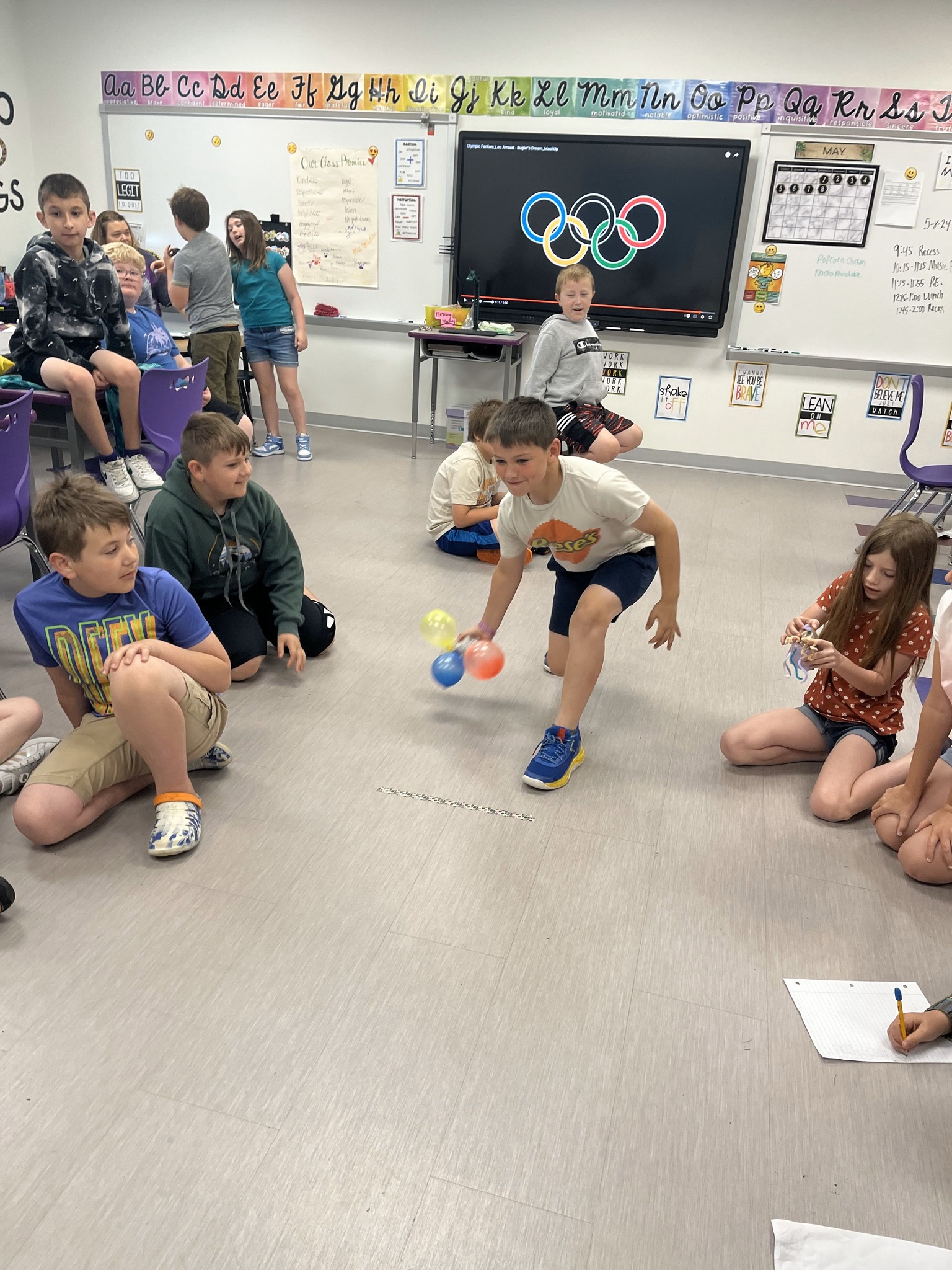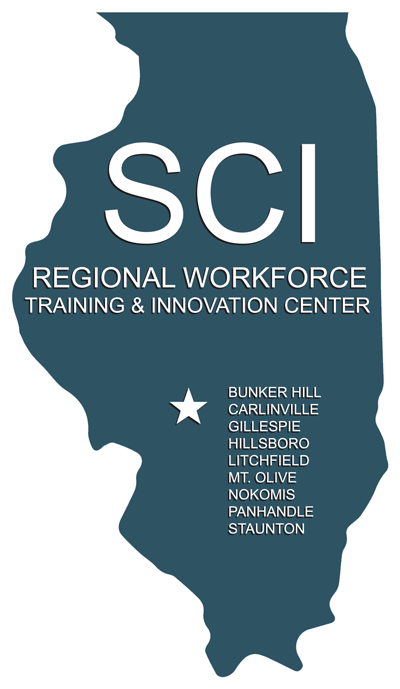Automotive Technology
Construction Craft
Education Pathway
EMT Certification
IT Jumpstart
Welding
Certified Nursing Assistant
SCI Governing Board
Education Pathway
Introduction To Teacher Education
Time: 1:50 P.M. to 2:30 P.M.
Location: LHS/SCI Center, Clinical Field Experience takes place at the student’s homeschool elementary/middle school
Length: Full Year
Instructor: Amanda Lamore
Course:
LLCC EDU 201 Introduction to Teacher Education (LLCC)
Description: This dual credit course provides an introduction to teaching as a profession in the American education system. It offers a variety of perspectives on education including historical, philosophical, social, legal and ethical issues in a diverse society. Also included are organizational structure and school governance. The course includes 30 hours of clinical field experience.
Education Pathway Online
Time: set by home district, two in-person meeting dates will vary by semester
Location: Online
Length: Full Year
Instructor: Dr. Scott Doerr
Course/Certification:
Introduction to Teacher Education (EDU 201)
Instructional Technology (EDU 210)
Students with Disabilities (EDU 215)
Diversity of Schools and Society (EDU 220)
Eligibility: Jr/Sr with A or B in English III
Fee: textbook costs
Dual Credit through Lincoln Land Community College
EDU 215: This is a survey course that presents the historical, philosophical and legal foundations of special education. An overview of the characteristics of individuals with disabilities, the programs that serve them under the Individuals with Disabilities Education Act and the diversity of the populations of individuals with disabilities is also given. Note: This course includes the components of the basic training course required by Illinois Department of Children and Families in providing care for children with disabilities.
EDU 220: This course addresses the social context in which education occurs, from multi-cultural and global contexts. Issues related to race, ethnicity, class, gender, sexual orientation, religion, culture and other core concepts are examined through empirical and normative approaches to explore how schooling might be structured in ways that build equity and justice. The politics, policies, practices and impact of education on students of diverse backgrounds are examined, with particular focus on multi-cultural understandings and strategies for improving the effectiveness of educational practices.

